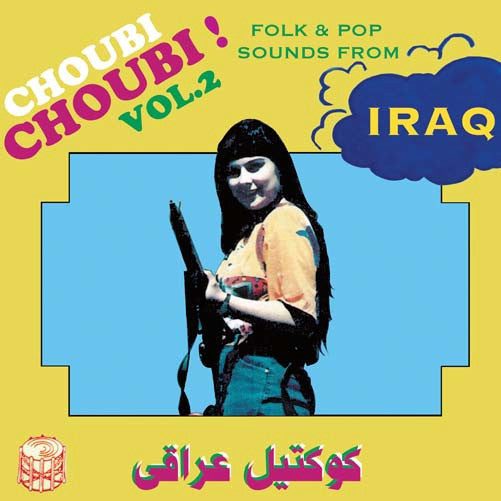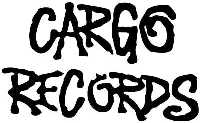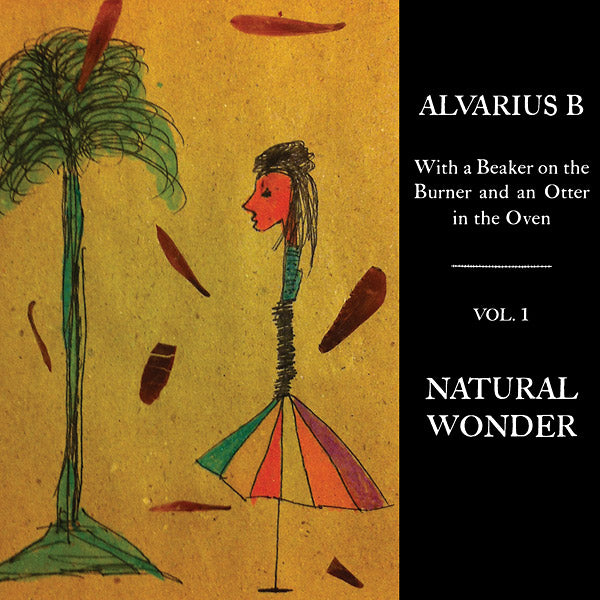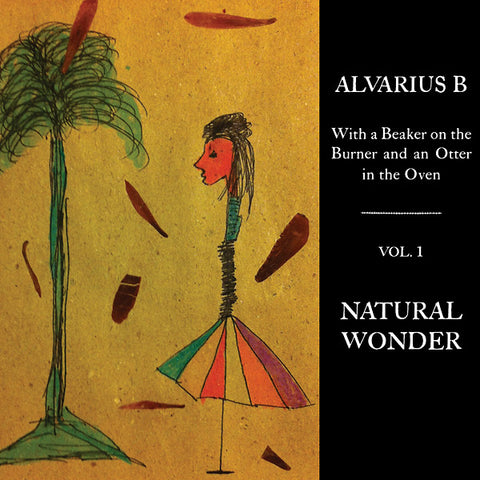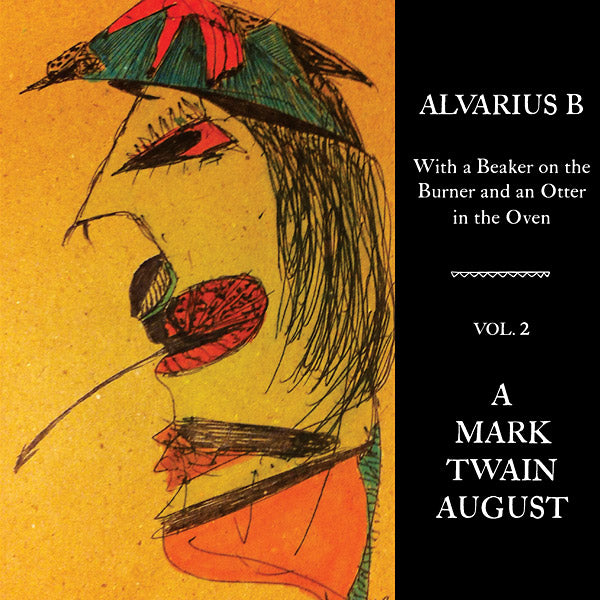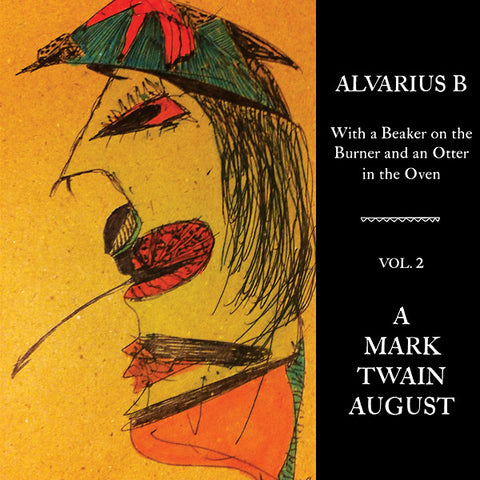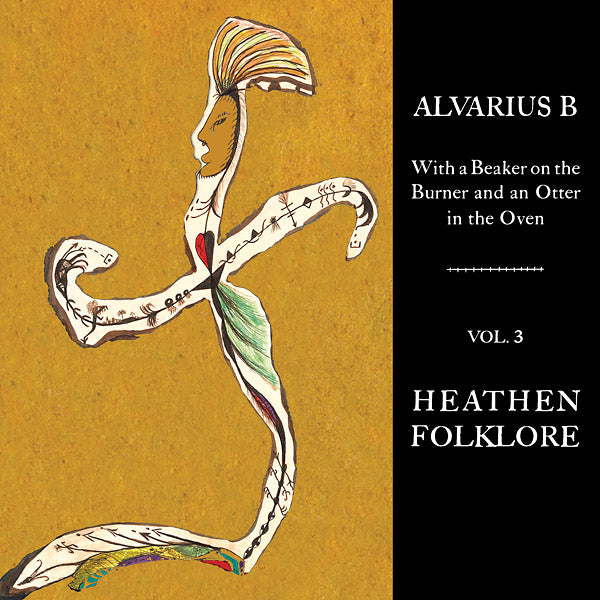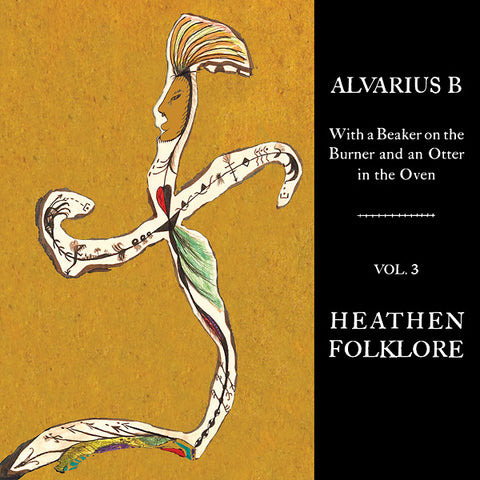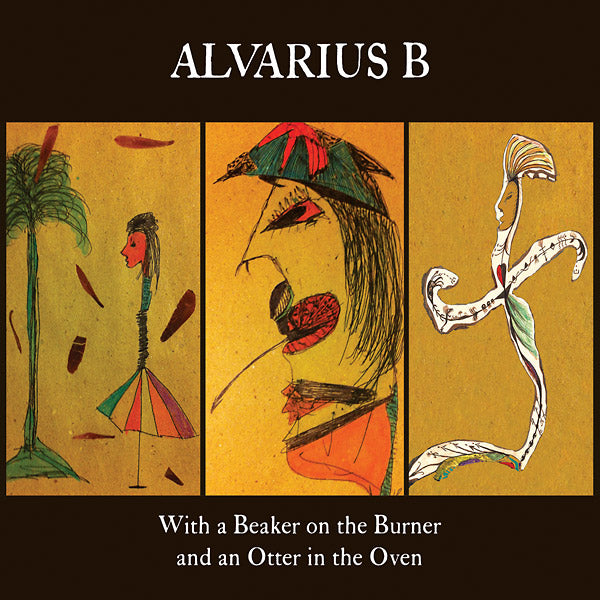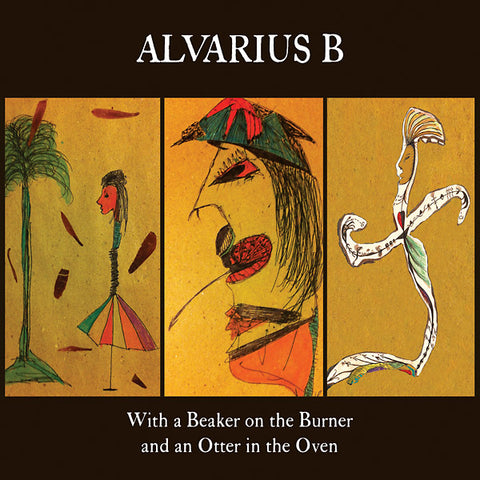Your cart is currently empty!
Sublime Frequencies
Various Artists 'Choubi Choubi! Vol.2 Folk & Pop Sounds from Iraq'
£27.99
Sublime Frequencies
Various Artists 'Choubi Choubi! Vol.2 Folk & Pop Sounds from Iraq'
£27.99
In 2005, Sublime Frequencies released Choubi Choubi: Folk and Pop Sounds from Iraq, and in the ensuing years it has become one of the most beloved and venerable titles in their catalog.
Now almost 10 years later, this highly-anticipated second volume is finally here. Compiler and producer Mark Gergis has once again put forth a revelatory and poignant collection of Iraq's national folk music. What has happened to Iraq since the 2003 U.S. invasion and eventual occupation? Endless death, destruction and chaos, the complete take-down of a functional and sovereign secular government (regardless of your opinion on that government), puppet installations, contrived sectarian divisions, the wholesale looting of culture, rampant opportunism, and apparently no lessons learned -- all at the Iraqi people's expense. Naturally, music has continued to be produced in Iraq -- however, since 2003, musicians and artists have been consistently targeted and attacked by extremists, who have also bombed music shops and forced the closing of venues and music halls.
The musical style most prominently focused on in this volume is the infamous Iraqi choubi, (pronounced choe-bee), with its distinct driving rhythm that feature fiddles, double-reed instruments, bass, keyboards, and oud over its signature beat. Choubi is Iraq's version of the regionally popular dabke, another celebratory Levantine folkloric style of rhythm and line dance. What really defines the Iraqi choubi sound are the crisp, rapid-fire machine-gun style percussive rhythms set atop the main beat. To the uninitiated, they sound almost electronic. Sometimes they are, but more often this is the work of the khishba -- a unique hand-drum of nomadic origin (aka the zanbour -- Arabic for wasp), which appears across the board in many styles of Iraqi music today, with extensions of it also heard in Syrian and Kuwaiti music.
Among other styles featured in this volume are Iraq's legendary brand of mawal -- an ornamental vocal improvisation that sets the tone of a song, regardless of the style, and the outstanding Iraqi hecha, with its lumbering and determined rhythm pulsing beneath sad, antagonized vocals -- as heard on tracks A4 and B2. The tracks on this collection were produced during the Saddam era -- between the 1980s and early-2000s. An important goal within the Iraqi Baathist agenda was to promote its brand of secularism, which saw the establishment of cultural centers, and a fostering of the arts.
Music was more encouraged, albeit more institutionalized than ever -- particularly folkloric and heritage music such as choubi. In an Iraqi army comprised of seven divisions, Saddam referred to singers as the eighth. Still, unless a rare level of stardom has been achieved, being a singer or musician isn't usually encouraged or viewed as a respectable lifestyle in much of the Arab world.
It's often those deemed social outsiders that tend to find their niche in music -- particularly the "party music" heard on this collection. Among them are the Rom Gypsy Iraqis (known as Kawliya in Arabic). A number of female singers wear masks and adopt pseudonyms to protect their identities, as some are runaways or prostitutes making ends meet in the seedy nightclub scene. Occasionally, they end up with successful recording careers.
Side A:
Now almost 10 years later, this highly-anticipated second volume is finally here. Compiler and producer Mark Gergis has once again put forth a revelatory and poignant collection of Iraq's national folk music. What has happened to Iraq since the 2003 U.S. invasion and eventual occupation? Endless death, destruction and chaos, the complete take-down of a functional and sovereign secular government (regardless of your opinion on that government), puppet installations, contrived sectarian divisions, the wholesale looting of culture, rampant opportunism, and apparently no lessons learned -- all at the Iraqi people's expense. Naturally, music has continued to be produced in Iraq -- however, since 2003, musicians and artists have been consistently targeted and attacked by extremists, who have also bombed music shops and forced the closing of venues and music halls.
The musical style most prominently focused on in this volume is the infamous Iraqi choubi, (pronounced choe-bee), with its distinct driving rhythm that feature fiddles, double-reed instruments, bass, keyboards, and oud over its signature beat. Choubi is Iraq's version of the regionally popular dabke, another celebratory Levantine folkloric style of rhythm and line dance. What really defines the Iraqi choubi sound are the crisp, rapid-fire machine-gun style percussive rhythms set atop the main beat. To the uninitiated, they sound almost electronic. Sometimes they are, but more often this is the work of the khishba -- a unique hand-drum of nomadic origin (aka the zanbour -- Arabic for wasp), which appears across the board in many styles of Iraqi music today, with extensions of it also heard in Syrian and Kuwaiti music.
Among other styles featured in this volume are Iraq's legendary brand of mawal -- an ornamental vocal improvisation that sets the tone of a song, regardless of the style, and the outstanding Iraqi hecha, with its lumbering and determined rhythm pulsing beneath sad, antagonized vocals -- as heard on tracks A4 and B2. The tracks on this collection were produced during the Saddam era -- between the 1980s and early-2000s. An important goal within the Iraqi Baathist agenda was to promote its brand of secularism, which saw the establishment of cultural centers, and a fostering of the arts.
Music was more encouraged, albeit more institutionalized than ever -- particularly folkloric and heritage music such as choubi. In an Iraqi army comprised of seven divisions, Saddam referred to singers as the eighth. Still, unless a rare level of stardom has been achieved, being a singer or musician isn't usually encouraged or viewed as a respectable lifestyle in much of the Arab world.
It's often those deemed social outsiders that tend to find their niche in music -- particularly the "party music" heard on this collection. Among them are the Rom Gypsy Iraqis (known as Kawliya in Arabic). A number of female singers wear masks and adopt pseudonyms to protect their identities, as some are runaways or prostitutes making ends meet in the seedy nightclub scene. Occasionally, they end up with successful recording careers.
Side A:
1. Sajida Obeid Hala Ya Nour Einy (Sweetheart, The Light Of My Eyes)
2. Unknown Artist Ma Yefareqna El Zaman (Time Can't Come Between Us)
3. Obeid Ensemble Instrumental Choubi Segment
4. Akram Al Ramal Ya Makhtheen Al Welif (Oh, Those Who Take My Love)
5. Salah Abdel Ghafour* Al Asmar (The Brunette)
6. Iraqi Children's Song* Ya Zakariyya
Side B:
1. Unknown Artist Khil Wa Khalileh (A Man And A Woman)
2. Adiba Azezine Ya Makhthat Al Welif (Oh, Those Who Take My Love)
3. Habib Al Drouly A'shka (Girl In Love)
4. Sajida Obeid Mesafrah (Traveler)
Side C:
1. Sajida Obeid Mawal Introduction
2. Souha Abdel Amir Kolli Ala Al Makshouf (Be Honest With Me)
3. Salah Abdel Ghafour* Oyouna Shamiyat (Her Beautiful Eyes)
4. Kathim Al Saher Helwa Ya 'Em Oyoun Al Soud (Pretty, With Black Eyes)
Side D:
1. Salah Abdel Ghafour* Yil'ab Choubi (Play Choubi On My Wounds)
2. Sobeha Thiab Ataba And Choubi
3. Ahmad Al Indibat* Bye, Bye, Bye
4. Khodeir Hady Watad (The Stake)
v
